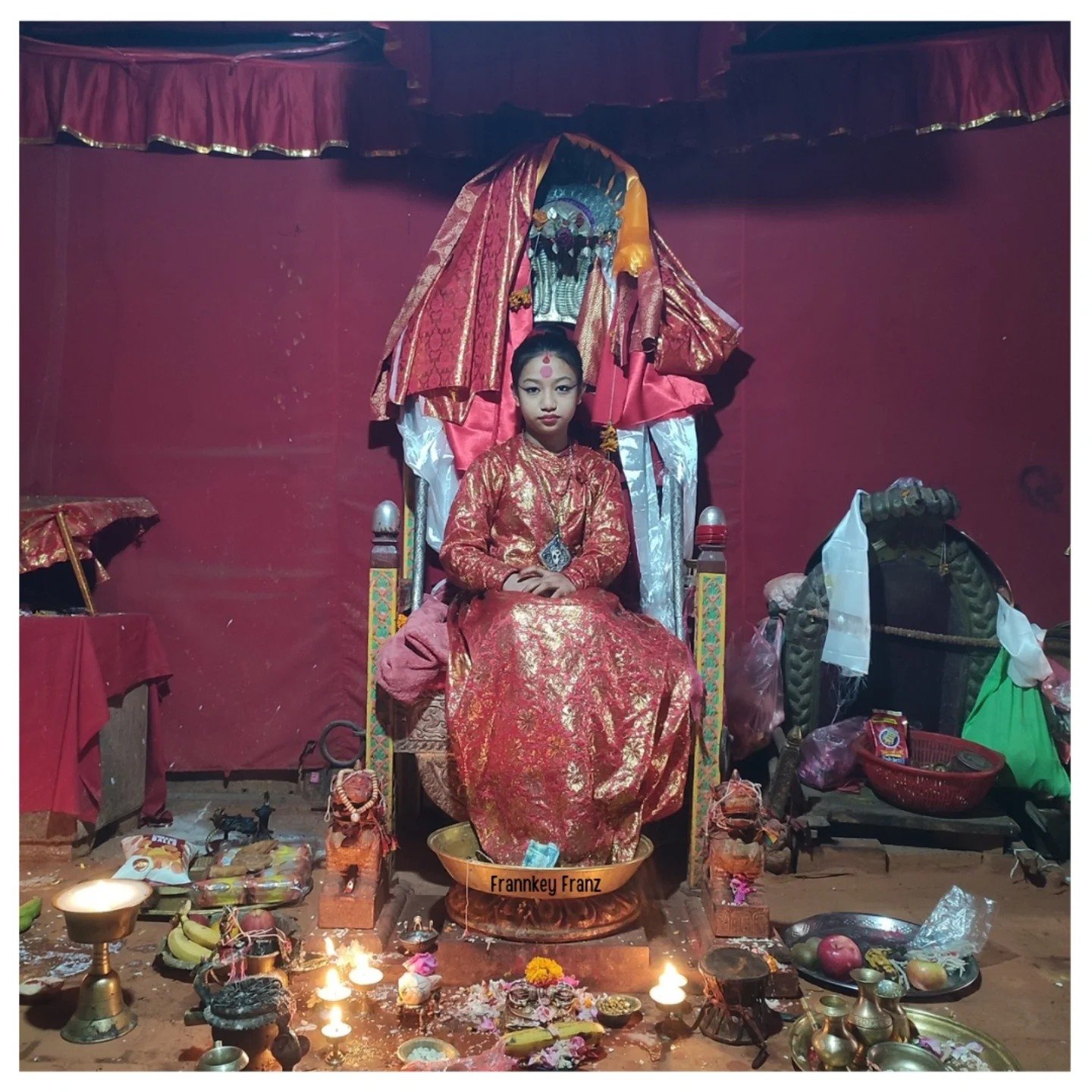Six…and I was reminded of the series that I had finished watching recently. Modern Love Mumbai, it is called. Though termed as six Stories of Love, I would prefer to look at it as an assortment of evocative vignettes of different emotions, love is just one of them. Let me clarify at the outset that this isn’t just a review of the same but a means of initiating a candid conversation in understanding the times we live in.
“A little fire fumed within me day and night,
And consumed me more than gave me light.”
These words actually hurtled out of me, the moment I envisioned Lali, an innocent victim of her own expectations in the first episode of the series, poignantly titled Raat Rani. Abandoned by her husband, Lutfi and bereft of the dreams that were always revolving around him, she is left broken and with a bicycle as rusty as her belief in her own self. But then I’m overwhelmed by the journey she undertakes. Almost using the Japanese art of Kintsugi, if I may say, she puts together with gold her shattered selves till Rani, the master of her own self emerges. And I’m left asking myself… “Are we ready to accept our vulnerabilities, own our imperfections and ‘crossover the flyover’ of inhibitions like Lali literally did?” Remember nothing is “Not Allowed” as long as you want it. Watch it to experience the light that comes along with empowerment and ecstasy!
The next episode is a rather sensitive portrayal of the way homosexuals are made to feel in our society. Lonely and lost, they try to fit into the boxes that society has fabricated, and like Manzu, feel overburdened by the dead weight of their own limitations. Till one day “bahut der ke baad,” he gets those words and vibes that he had always yearned for. The companionship that completes him, is, however, accepted differently by his family members, ranging from a disgusting denial to an inclusive integration. But finally, Manzu’s Baai (also the title of the story) passes away with the consummate cue for us to embrace each individual with “Sirf pyaar” and nothing else. Imbibe the melodious maneuvering of the issue, which heightens the subtlety and thoughtfulness needed to appreciate it.
Mumbai Dragon, if pulled out of its backdrop of a specific community, can be visualized as the eternal tug of war between a mother and her (imagined) antagonist, the girlfriend (or the wife) over a single man. The high-handedness, no matter whichever side exhibits it, becomes claustrophobic for the man, compelling him to make decisions that are always constraining. Irrespective of the gender, this obsession and not love still exists in our daily fabric and we must choose to unlearn so as to learn new ways of sharing our love and liberating ourselves. On another note, this episode offers an interesting insight on opportunities by identifying every opportunity as a “gol ghumti huyi gubbara,” which the moment you spot, you must be ready with your gun to shoot or, in fact, to seize!
Age is just a number! Sounds cliche…right, but is it when it comes to judging others? After all, the real society we live in does endorse only age-appropriate actions and imagination too. So My Beautiful Wrinkles, the next episode made me aware of something that I had long acknowledged of and yet abstained from. While the 20-something Kunal can be open in his intemperate outbursts about his fantasies, Dilbar, the elderly woman in her 60s, is ruffled at the outset and considers it to be a ‘prank’ or an ‘old woman fetish.’ It takes her a while before she admits that they can keep it to “occasional coffees and sexual fantasies.” Exactly here a commendable chemistry is seen developing between the obviously disparate couple as both learn to cope with their burdensome baggage, and unfettered, love themselves just the way they are.
The fifth episode could have been titled better but the reflections that it offers are undeniably the most shocking yet sure. The constant flux that people experience today between loneliness and being alone, fake and real bonds (metaphorically projected through plants), the need to communicate and simultaneously shut up the “monkey mind,” contrived dating and spontaneous friendship have been wonderfully explored through this snippet of life. Like Saiba, aren’t we not asking ourselves, “Am I not happy?” or maybe like Parth deciding to ‘pay more attention to things’ till finally the fourth dimension of Time opens us to possibilities where the “landscape changes” and we judge ourselves less and like to live more. I Love Thane must initiate this dialogue at a time when relationships are becoming, to say the least, volatile and virtual.
Cutting Chai is a typical Indian household scene where the wife has to steer both the worlds, her family and her career, the latter often compromised by the multi roles that are foisted on her, while her husband is cool but not concerned. Here as the very relatable Latika teeters between her reality and her dreams, she is often cornered by the ‘what ifs’ that she could have chosen and even visualizes the present-days she would be in down those trajectories. Romance hardly remains in a marriage, bringing up children can be exacting, husbands and punctuality are mutually exclusive and dreams shouldn’t be shelved are some of the pointers raised here, which are, nonetheless, laced with the involuntary issues of time, change and choices. But perhaps the stasis emerges only when, like Latika, we look within to solve without, and prefer to relish the ‘cutting chai’ called life. “Hain kum lekin hain bahut mazedar…”
So six stories but one singular supposition. Emotions are always best felt in one way. To each her own. Let’s respect that and expand our repertoire to create a more tolerant and conducive space where appreciation precedes judgment and love conquers limitations.

By Promita Banerjee Nag
An avid word enthusiast and content-churner, Promita is fuelled by novel writings, ideas and light-hearted banter. A teacher by passion, she treads the path of unequivocal learning with and through her students. Mother, music and ‘mishti’ mostly convince her. If you wish for a tête-à-tête, feel free to reach out to her at promita033@gmail.com.















3 Responses
You presented a nice and clear picture. Now I have to watch it!
Couldn’t have agreed more …keep weaving the magic!!!
This is beautifully written, and the acceptance of every part of the self is something which we can all learn to do now.